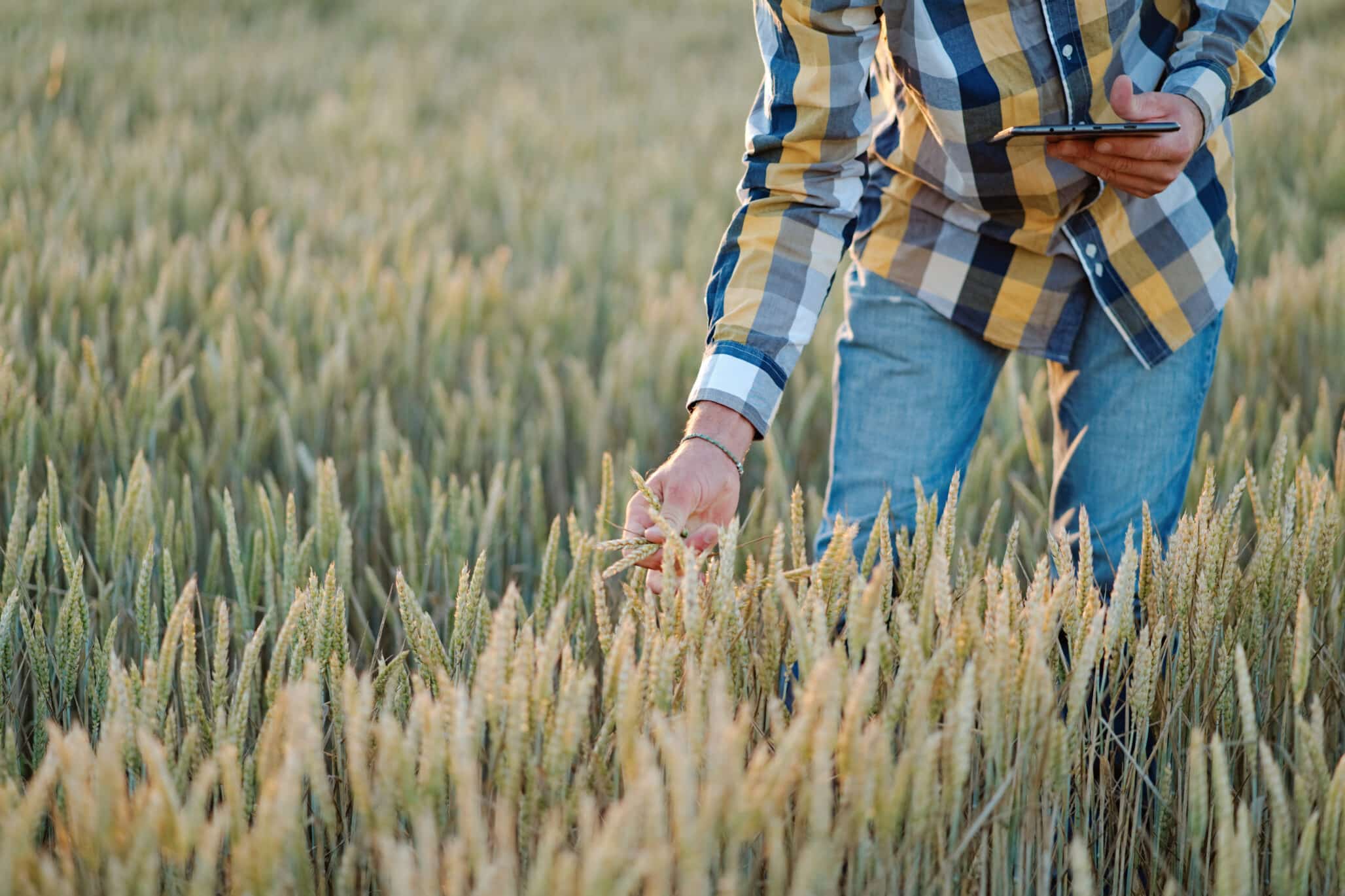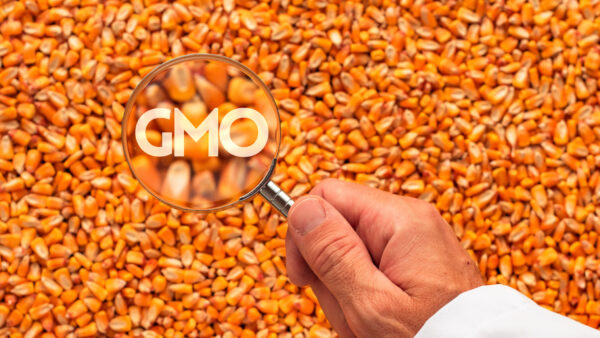Grains, oilseeds and agri-bulks have been traded in large volumes for centuries. Today, the international grain trade is well-developed and highly globalized, using sophisticated infrastructure to provide safe, high volume, affordable, competitive, timely, predictable, responsive, and resilient supply.
Crop production methods have a significant impact on trade and marketing of grain, oilseeds, pulses and derived products. Innovations in plant breeding may allow for faster and more precise results, with significant potential to help overcome limitations of traditional breeding and enlarge the portfolio of available and traded products worldwide. Plant breeding innovation, like the trade of the products it enhances, makes an important contribution to contemporary food security challenges such as the need to provide more food and energy for an ever-growing population in a sustainable fashion, using less land, water and resources in a changing climate.
[tweetshareinline tweet=”Plant breeding innovation, like the trade of the products it enhances, makes an important contribution to contemporary food security challenges.” username=”EuropeanSeed”]
In light of use and availability of new breeding technologies, the global grain trade faces new and expanded challenges largely related to meeting regulatory and customer requirements. For instance, while new plant varieties developed with the help of certain methods may be exempt from regulation in one country, they may be subject to regulation in another country or, as in most cases, there remains a significant level of uncertainty. This legislative uncertainty deserves high attention: for the grain trade in particular, it is a threat to providing for trade and adequate fungibility of plant products needed to provide for global food security and economic well being provided for by world’s food, feed and processing industries. Regulatory decision making on product safety should be grounded in sound-science.
The International Grain Trade Coalition (www.igtcglobal.org), bringing together over 8000 businesses in 85 countries, has recently approved its policy on Plant Breeding Innovation, supporting innovation as well as trade. The paper focuses on three key pillars: the need to ensure the safety of the product, regulatory coherence of global policy to enable trade to continue without disruption, and the importance of education and information sharing along the value chain. The policy paper can be accessed on the IGTC website and the Coalition is encouraging members to use this policy paper in global advocacy.
Editors Note: Katy Lee is Acting Secretariat of the International Grain Trade Coalition (IGTC).













